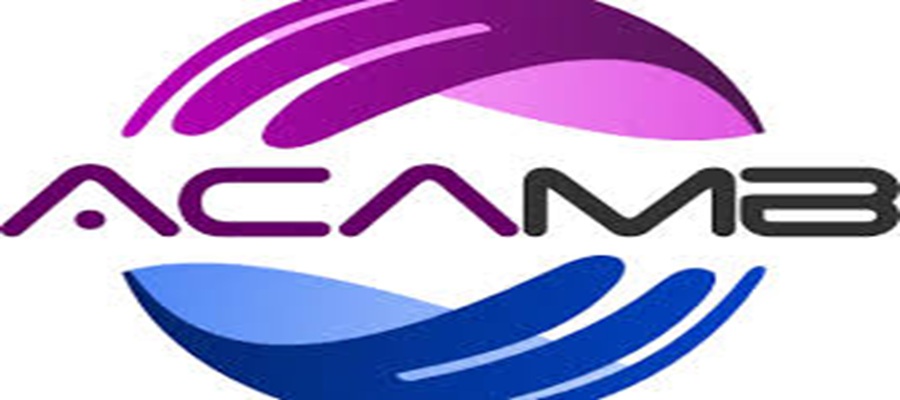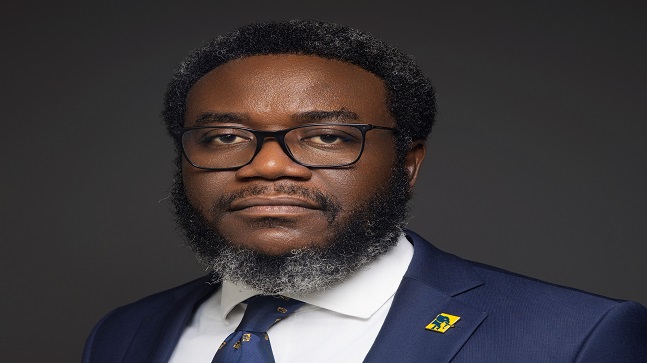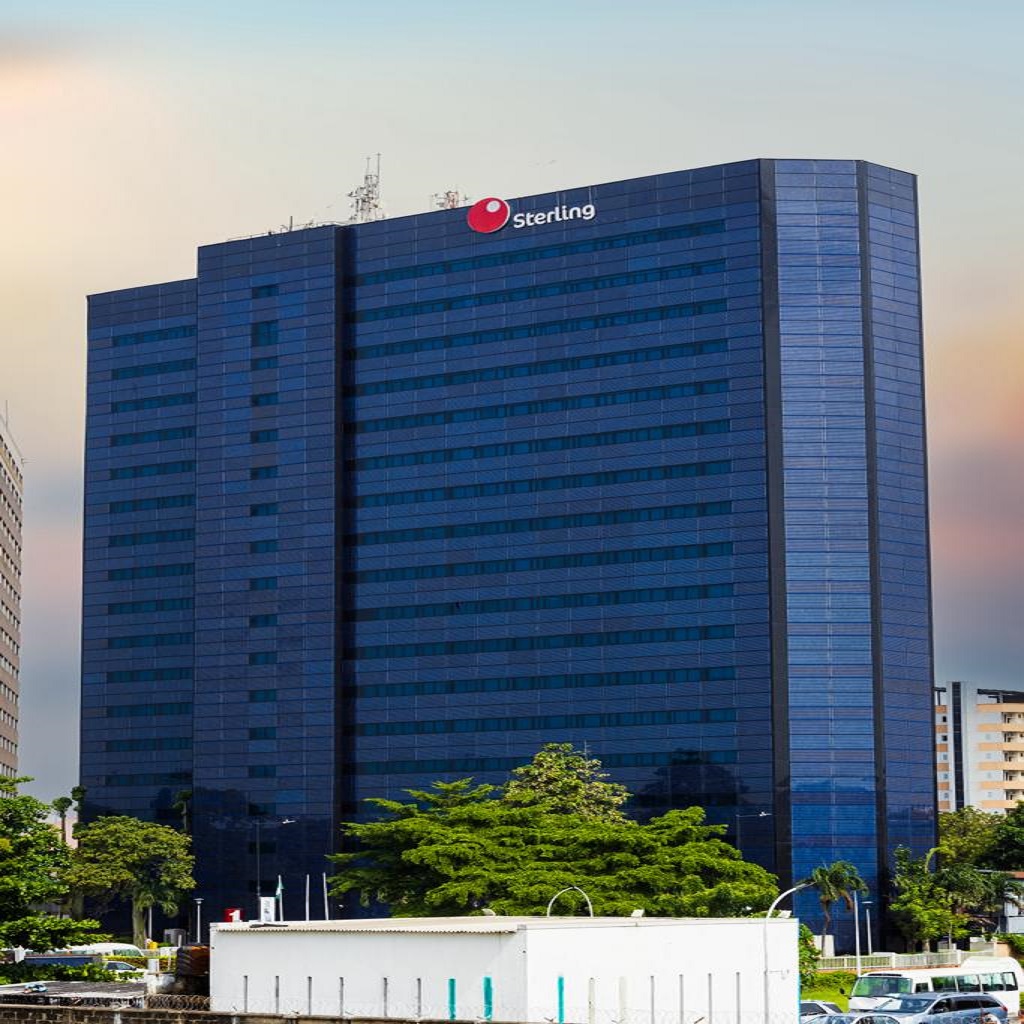E-Financial
FDI in Nigeria, Others Grow in 5 Years
Africa’s share of global foreign direct investment (FDI) has grown over the past five years highlighting the growing interest from foreign investors, according to Ernst & Young’s third Africa Attractiveness Survey released Monday.
The report combines an analysis of international investment into Africa over the past five years with a 2013 survey of over 500 global business leaders about their views on the potential of the African market.
The latest data shows that despite a fall in project numbers from 867 in 2011 to 764 in 2012 — in line with the global trend — project numbers are still significantly higher than anything that preceded the peak of 2008. The continent’s global share of FDI has also grown from 3.2% in 2007 to 5.6% in 2012.
Mark Otty, Ernst & Young’s EMEIA Managing Partner said, “A process of democratization that has taken root across much of the continent; ongoing improvements to the business environment; exponential growth in trade and investment and substantial improvements in the quality of human life have provided a platform for the economic growth that a large number of African economies have experienced over the past decade.”
Despite the impact of the ongoing global economic situation, the size of the African economy has more than tripled since 2000.
The outlook also appears positive, with the region as a whole expected to grow by 4% for 2013 and 4.6% for 2014.
A number of African economies are predicted to remain among the fastest growing in the world for the foreseeable future.
Eighty-six percent of those with an established presence on the continent believe that Africa’s attractiveness as a place to do business will continue to improve.
Those surveyed rank Africa as the second most attractive regional investment destination in the world after Asia.
Increasing investment from emerging markets
Investment in FDI projects from developed markets fell by 20%. Although FDI projects from the UK grew (by 9% year-on-year), those from the US and France — the other two leading developed market investors in Africa — were considerably down.
In contrast investments from emerging markets into Africa grew again in 2012, continuing the trend over the past three years.
In the period since 2007, the rate of FDI projects from emerging markets into Africa has grown at a healthy compound rate of over 21%.
In comparison investment from developed markets has grown at only 8%. The top contributors from the emerging markets are India (237), South Africa (235), the UAE (210), China (152), Kenya (113), Nigeria (78), Saudi Arabia (56) and South Korea (57) all among the top 20 investors over that period.
Intra-African investment has been particularly impressive during the same period, growing at 33% compound rate.
South Africa has been at the forefront of growth in intra-African trade and broader emerging market investment – (the single largest investor in FDI projects in 2012 outside of South Africa.)
Kenya and Nigeria have also invested heavily but it is expected that others such as Angola, for example, with a $5b sovereign wealth fund, will become increasingly prominent investors across the continent over the next few years.
Ajen Sita, Ernst & Young’s Africa Managing Partner comments, “There is a growing confidence and optimism among Africans themselves about the continent’s progress and future.”
There has also been an important shift in emphasis in investment into the continent over the past few years, in terms of both destination markets and sectors.
While investment into North Africa has largely stagnated, FDI projects into Sub-Saharan Africa have grown at a compound rate of 22% since 2007. Among the star performers attracting growing numbers of projects have been Ghana, Nigeria, Kenya, Tanzania, Zambia Mozambique, Mauritius and South Africa.
Perception versus reality
Our 2013 Africa Attractiveness Survey shows some progress in terms of investor perceptions since the inaugural survey in 2011.
The majority of respondents are positive about the progress made and the outlook for Africa. Africa has also gained ground relative to other global regions.
In 2011 Africa was only ranked ahead of two other regions, while this year it ranked ahead of five other regions (the former Soviet States, Eastern Europe, Western Europe, the Middle East and Central America).
However, there still remains a stark perception gap between those respondents who are already doing business in Africa versus those that have not yet invested in the continent. Those with an established business in Africa are overwhelmingly positive.
They understand the real rather than perceived operational risks, have experienced the progress made and see the opportunities for future growth.
Eight-six percent of these business leaders believe that Africa’s attractiveness as a place to do business will continue to improve, and they rank Africa as the second most attractive regional investment destination in the world after Asia.
In contrast, those with no business presence in Africa are far more negative about Africa’s progress and prospects.
Only 47% of these respondents believe Africa’s attractiveness will improve over the next three years, and they rank Africa as the least attractive investment destination in the world.
The two fundamental challenges that are present for those already present or those looking to invest in Africa are transport and logistics infrastructure and anti-bribery and corruption. However, moves are being made on both accounts to help allay fears of investors.
Infrastructure gaps, particularly relating to logistics and electricity, are consistently cited as the biggest challenges by those doing business in Africa.
At a macro level, too, Africa’s growth will be inherently constrained until the infrastructure deficit is bridged.
The flip side of this challenge, however, is that strong growth has been occurring despite such infrastructure constraints.
This indicates the potential to not only sustain, but accelerate growth as the gap is narrowed. Our analysis indicates that in 2012 there were over 800 active infrastructure projects across different sectors in Africa, with a combined value in excess of US$700b. The large majority of infrastructure projects are related to power (37%) and transport (41%).
Moving away from extractive industries
Due to volatile nature of commodity prices, an over-dependency on a few key sectors clearly raises questions about the sustainability of growth.
Despite perceptions to the contrary, less than one third of Africa’s growth has come from natural resources.
The trend of growing diversification continues, with an ever increasing emphasis on services, manufacturing and infrastructure-related activities. In 2007 extractive industries represented 8% of FDI projects and 26% of capital invested in Africa; in 2012, it was a mere 2% of projects and 12% of capital.
In comparison, services accounted for 70% of projects in 2012 (up from 45% in 2007), and manufacturing activities accounted for 43% of capital invested in 2012 (up from 22% in 2007).
Mining and metals is still perceived by survey respondents as the sector with the highest growth potential in Africa, but the number of respondents who believe this (26%) is down from 38% in 2012 and 44% in 2011.
In contrast, interest in African infrastructure projects is clearly increasing, with 21% of respondents identifying this as growth sector versus 14% last year and only 4% in 2011.
Other sectors where there has been a noticeable shift include ICT (14%, up from 8% last year), financial services (13%, up from 6% last year), and education (which has come from virtually nowhere to register 10% this year).
Mark commented, “These changing perceptions of relative sector attractiveness in Africa reflect the changing fundamentals of many Africa economies: the diversification of both sources of growth (for example, the increasing contribution of services and the growing consumer class), and of the actual FDI flowing into these economies.”
South Africa most attractive for foreign investors but others hot on its heels
The large majority of respondents view South Africa as the most attractive African country in which to do business: 41% of all respondents put South Africa in first place, while 61% included it in their top three.
The primary reasons for South Africa’s popularity appear to be it relatively well developed infrastructure, a stable political environment and a relatively large domestic market. The next most popular countries were Morocco (20% placing in the top three, and 8% in first place), Nigeria (also 20% in top three, and 6% in first place), Egypt (15% top three and 5% first), and Kenya (15% top three and 4% first). In general, these rankings align with emerging regional hubs for doing business across different parts of Africa.
Looking ahead
Ajen concludeed, “With an increasingly solid foundation of economic, political and social reform, together with resilient growth rates, we are confident that the continent as a whole is on a sustainable upward trajectory. This direction of travel, rather than the current destination, is what is most important.
“A critical mass of African economies will continue on this journey. Despite the fact that there will undoubtedly be bumps in the road, there is a strong probability that a number of these economies will follow the same development paths that some of the Asian and other Rapid Growth Markets have over the past 30 years. By the 2040s, we have no doubt that the likes of Nigeria, Ghana, Angola, Egypt, Kenya, Ethiopia and South Africa will be considered among the growth powerhouses of the global economy.”
E-Financial
ACAMB Educates Content Creator to Curb Misinformation on Bank Recapitalisation

In a bid to foster accurate public discourse as well as protect the stability of the financial sector, the Association of Corporate and Marketing Professionals in Banks (ACAMB) has stepped in to educate renowned content creator, Unofficial Osas, following his misrepresentation of facts concerning the Central Bank of Nigeria’s (CBN) recapitalisation drive, and subsequent invitation by the Nigerian Police Force.

ACAMB
The intervention by ACAMB led to the successful retraction of a misleading video regarding the CBN recapitalisation policy, demonstrating the Association’s commitment to its core mandate of public enlightenment.
In his official apology video, the content creator stated, “I was invited by the Nigerian police force national cyber crime centre in Abuja over the video I posted on the 15th of December, where i spoke about 12 banks that were shut down in relation to the CBN recapitalisation policy. I would like to offer an official retraction of that video and want to reiterate that no bank is shutting down.
“As a matter of fact, most of the banks have now met the ₦500 billion minimum capital base for banks with international and the N200bn for national banks recapitalisation requirements, so no bank is shutting down.
“I want to specifically appreciate ACAMB. They were very professional in handling this case and did well to educate and enlighten me on the recapitalisation process. I am now better informed and know better”
Commenting on the resolution, President of ACAMB, Jide Sipe, reinforced the Association’s dedication to protecting the integrity of the banking sector. “ACAMB stands for the restoration of professional banking ethics and public confidence through seamless information management and public enlightenment.
“We believe that an informed public is an empowered public. By engaging Unofficial Osas, we ensured that accurate information regarding the resilience and strength of our banks was disseminated to the millions of Nigerians who follow him.”
The Intervention shows ACAMB is dedicated to evolving strategies that enhance and sustain a good image for the nation’s banking sector as well as assist in fostering better banking habits among Nigerians.
E-Financial
FirstCap MD says Payment Security Remains Biggest Barrier to Bankable Gas and Power Projects

Ukandu E. Ukandu, Managing Director/CEO of FirstCap Limited, a leading investment banking firm and subsidiary of First HoldCo Plc., has reaffirmed that payment security remains the most decisive factor in determining whether gas and power projects in Nigeria secure financing.

He shared this perspective during a panel discussion on project bankability at the 2026 SPE Lagos Energy Week.
Ukandu noted that although several risks influence financing decisions, payment risk consistently emerges as the key barrier to financial close.
“Every major risk matter, but payment risk is the ultimate deal‑breaker. Without strong payment security and disciplined collections, no project can attract sustainable financing,” he said.
He explained that lenders typically evaluate three core risk pillars, payment reliability, foreign‑exchange exposure, and contract enforceability, with payment reliability presenting the greatest challenge across Nigeria’s energy value chain. Persistent collection inefficiencies, rising arrears, and liquidity pressures continue to weaken investor confidence.
To enhance payment security, Ukandu highlighted mechanisms widely used by financiers, including letters of credit, bank guarantees, escrow accounts with payment‑waterfall structures, reserve and sinking funds, sovereign or sub‑sovereign support, and take‑or‑pay offtake agreements.
Addressing foreign exchange risk, he noted that volatility remains difficult to manage, especially for projects with dollar‑denominated costs but naira‑denominated revenues. Lenders typically mitigate this through foreign exchange ‑linked tariff indexation, partial dollarisation for credible industrial offtakers, escrow protections, selective hedging, and foreign exchange reserve buffers.
However, he cautioned that indexation alone seldom eliminates exposure due to regulatory limits and timing delays.
On legal and regulatory certainty, Ukandu stressed the need for contracts that are enforceable and clearly structured, particularly around take‑or‑pay obligations, termination payments, step‑in rights, and dispute‑resolution frameworks. He added that factors such as tariff adjustments, licence changes, and price controls can significantly affect project viability if they are not fully addressed at the contracting stage.
While fiscal incentives such as tax holidays and accelerated depreciation can strengthen project economics, Ukandu emphasised that they cannot compensate for weak fundamentals.
“Incentives make a good project better, but they do not make a weak project bankable. Cash‑flow reliability and disciplined foreign exchange management must come first,” he said. He also noted that naira‑based incentives may lose value if project revenues are not indexed.
He concluded by urging industry players to prioritise revenue security from the earliest stages of project structuring: “Protect returns at the source. Build strong offtake arrangements with solid credit support and currency alignment to ensure cash is received in full and on time.”
E-Financial
Sterling HoldCo Starts Allotment of Oversubscribed Public Offer Shares

Sterling Financial Holdings Company Plc (Sterling HoldCo) has begun allotting 12,581,000,000 ordinary shares of 50 kobo each at ₦7.00 per share from its 2025 Public Offer.

Sterling HoldCo
The process follows Central Bank of Nigeria (CBN) and Securities & Exchange Commission (SEC) approvals.
The offer, opened September 15, 2025, drew 18,280 applications for 16.84 billion shares worth ₦117.88 billion—109.79 per cent oversubscribed.
Valid applications from 18,276 shareholders totalled 13.81 billion shares; all compliant applicants receive full allotments.
Refunds for rejects/excess, plus interest, process via RTGS/NIBSS by February 17, 2026, handled by Pace Registrars Limited.
Shares credit to CSCS accounts by the same date; new accounts held in pool pending documentation.
The raise bolsters capital for banking subsidiaries, injects ₦10 billion into SterlingFI Wealth Management to meet SEC rules, and funds credit expansion, innovation, and support for businesses/households.
Strong Financials, Diversified Growth
FY25 interim results show 99 per cent profit before tax growth; gross earnings up 46 per cent to ₦476.5 billion; assets at ₦3.92 trillion; deposits up 18 per cent to ₦2.98 trillion; shareholders’ funds up 39 per cent to ₦424 billion.
Cost-to-income ratio improved to 63 per cent from 72 per cent.
Subsidiaries—Sterling Bank Limited (conventional), The Alternative Bank Limited (non-interest, 150+ branches)—comply with CBN capital rules.
Initiatives include Mata Zalla (women tricycle training) and Plateau agriculture programme.
The offer attracted first-time retail investors, broadening ownership.
Sterling HoldCo welcomes new shareholders, poised for sustained growth and economic impact.

 General News2 days ago
General News2 days agoHow JustMarkets Is Empowering African Traders with Global Market Access

 Telecom3 days ago
Telecom3 days agoBanks, Telcos Settle Four-Year Dispute over N300Bn USSD Debt

 E-Financial2 days ago
E-Financial2 days agoACAMB Educates Content Creator to Curb Misinformation on Bank Recapitalisation

 Telecom2 days ago
Telecom2 days agoGroup Condemns Gabon’s Social Media Shutdown Amid Protests

 General News3 days ago
General News3 days agoPalmPay Unveils First Batch of Winners in #LoveWithPalmPay Campaign

 E-Business2 days ago
E-Business2 days agoMutual Benefits Assurance Settles ₦5.9bn Claims in January 2026

 E-Financial3 days ago
E-Financial3 days agoFirstCap MD says Payment Security Remains Biggest Barrier to Bankable Gas and Power Projects

 Telecom2 days ago
Telecom2 days agoIXPN Positions as the Regional Internet Exchange Hub for West Africa













